Michael Knowles speaks at Washburn about banning transgenderism
Michael Knowles, conservative commentator, made his appearance on Washburn’s campus Thursday, March 31, and discussed the topic he coined, “ending this transgenderism madness.”
He was introduced by Claudia Fury, chairman of Washburn College Republicans. Fury said in her opening statement that universities around the country want to support diversity in the way of outward appearance, and not thought processes. College Republicans invited Knowles to campus to recognize their ideals and beliefs that align with his.
“They [Universities] are wanting to tell you what to think, not how to think,” Fury said.
Fury invited everyone attending to “stay curious and to have an open mind.”
Knowles was welcomed to the stage with a standing ovation from a majority of the crowd. He began by acknowledging that it was Trans Visibility Day.
“I did not know it was Trans Visibility Day when I accepted this invitation to speak,” Knowles said. “We see you. Boy, oh boy, do we see you. We always see you. It would be impossible not to see you.”
Knowles moved on to discuss the campus-wide announcement that Washburn University’s President Jerry Farley sent out earlier in the week where he wrote that he was disappointed in the speaker selection, and that the university supports the LGBTQ+ community.
Knowles mentioned how he thought it was interesting that president Farley signed the invitation that was sent to him, then weeks later “defamed” Knowles for spreading hateful speech. In a story from CJOnline, Patrick Early, director of public relations at Washburn University, said that Farley’s signature was just standard procedure.
“I hope that we will learn together this evening. I hope that we will learn or relearn basic facts about reality and human nature,” Knowles said. “If that is too much for anyone, for president Farley, I hope at least we will learn that conservatives will not be kowtowed into silence and submission to the ridiculous, ideological fantasies on the left.”
Knowles jumped into his speech, saying that it wasn’t anti-trans. Knowles said he wasn’t there to mock or belittle those who are “sexualy confused,” but rather that the purpose of his speech was to be a support system for people who have identified as trans.
“We are looking at a phenomenon rooted not in biology, but in a kind of social mania,” Knowles said.
Knowles recounted the story of Helena Kerschner, a 28-year-old woman who detransitioned because of behavioral problems that may have been linked to the hormones she was taking. Kerschner found that when she stopped taking the hormones, her behavioral symptoms began to stop, but she found herself left with the permanent effects of the transitioning process. In the end, Kerschner believed that her intent to be a man was just a fantasy. Knowles then stated that the central problem with transgenderism isn’t regret, but reality.
“Transgenderism is simply not true,” Knowles said.
Knowles said that trying to justify gender and sex as being two different things is unfeasable, becauseit is not plausible to be both a man and a woman.
“To be a man means not to be a woman; to be a woman is not to be a man,” Knowles said.
Knowles said that not only is transgenderism more of a discussion of theology, but that he also disagrees with the concept of transgenderism entirely.
“Transgenderism is completely wrong from the standpoint of biology, psychology, theology and everywhere in between,” Knowles said. “It is entirely incoherent, it doesn’t make any sense at all. The toleration of transgender ideology benefits no one and harms everyone who has the misfortune of encountering it.”
Knowles talked about Lia Thomas, a transgender woman who competed in the women’s NCAA swimming championship. While the topic was relevant to the discussion, he did not consider the situation as being necessary talking points because women’s sports, in his opinion, are not important.
“Yes we support our sisters, yes we support our daughters. Nobody watches the WNBA. It’s not an actual concern,” Knowles said.
Knowles concluded his speech by stating that it is up to everybody as an individual to put an end to the delusional mindset of transgenderism.
“You do not have any natural or constitutional right to delusional and destructive behavior,” Knowles said. “The only way to end transgenderism madness is to oppose it entirely, stop tolerating it at all times, in all places for the good of everyone.”
Some of the audience was captivated by Knowles’ speech, some were not amused and others were left somewhere in the middle.
“I thought it was interesting to say the least,” said Andrew Coe, sophomore public administration major. “I understand where he’s coming from and where religious people are coming from. I personally am a Christian. I’m a Republican, but I definitely am more on the side of believing in loving everybody more than tearing them down because of something they’ve done, because we all have fallen short of the glory of God.”
George Burdick, freshman forensic investigation major, attended the gathering on the East Union Lawn before listening to Knowles. Burdick had listened to some of Knowles’ past speeches, but said experiencing it live was completely different for him.
“He also made some statements that were a little bit further than what I’ve heard online, that was really interesting to hear as well. Overall, I disagreed with him, but it was still interesting to hear what he had to say,” Burdick said.
Burdick said that after hearing first-hand what Knowles discussed, it made him more confident in the fact that he had attended the protest outside.
Knowles was the first conservative speaker that the current administration of Washburn College Republicans had invited to campus, and are not planning for him to be their last.
Click here to watch the full speech.
Edited by: Glorianna Noland, Leah Jamison
Your donation will support the student journalists of Washburn University. Your contribution will allow us to purchase equipment and cover our annual website hosting costs.
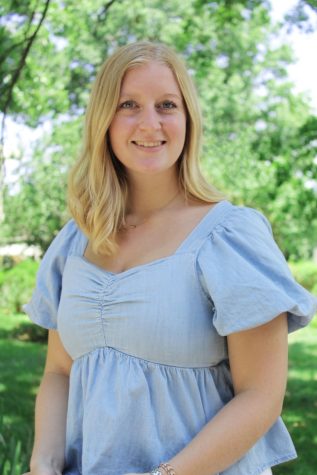



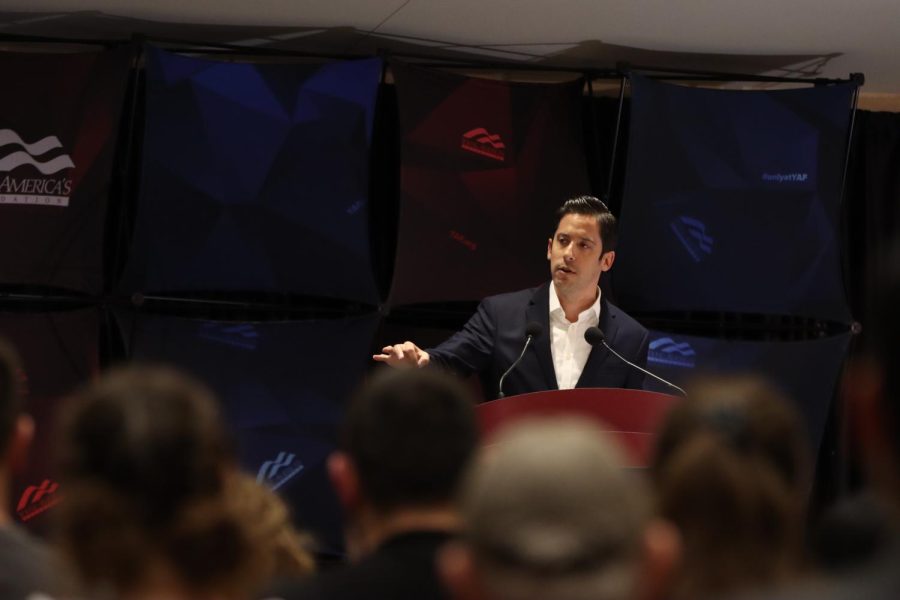
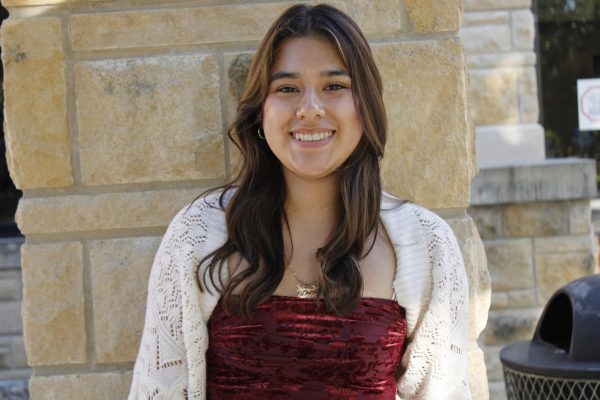


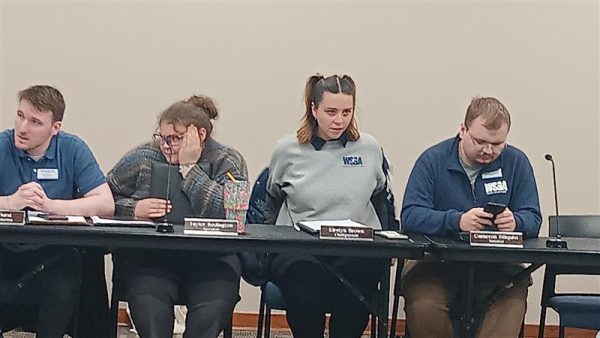

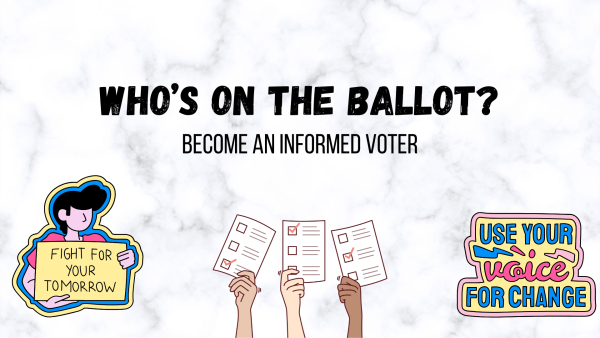
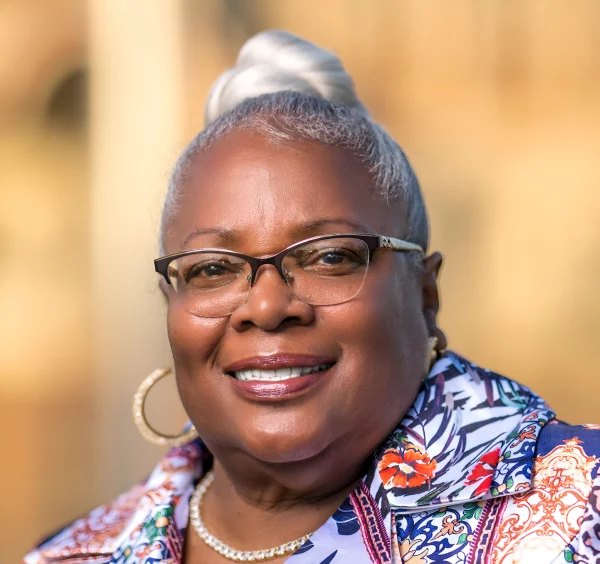
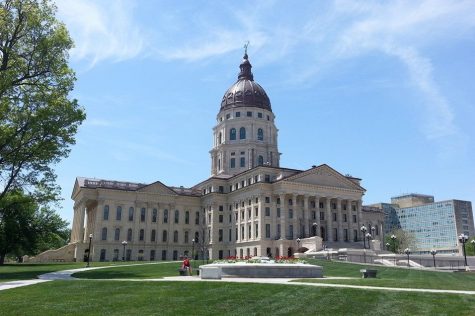
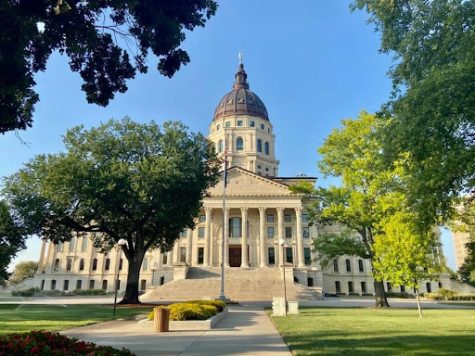
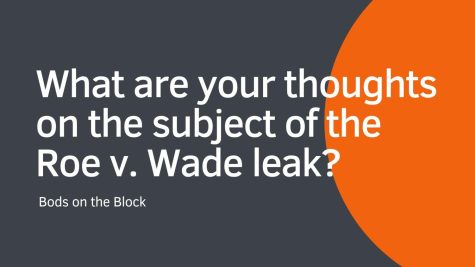
Anonymous • Apr 4, 2022 at 5:44 pm
Honestly I find both sides of the conversation quite interesting. I am Catholic and do tend to lean more towards the right. However, I don’t believe in tearing people down for what people believe in because that’s happened to me more than a few times. I do think the world just needs to be more kind.